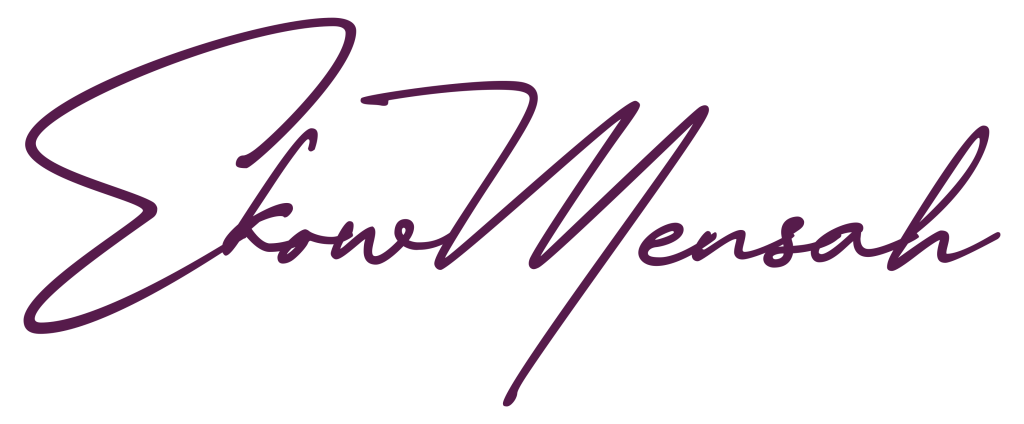
EMOTIONAL INTELLIGENCE FOR LEADERSHIP – DAY 39 – 41 BIG DREAMERS PROGRAM
June 8, 2023
BUILDING A LASTING LEGACY OF LEADERSHIP – DAY 41 – 41 BIG DREAMERS PROGRAM
June 10, 2023MASTERING NEGOTIATION AND CONFLICT RESOLUTION SKILLS: KEYS TO SUCCESSFUL COLLABORATION
Introduction:
Negotiation and conflict resolution are vital skills in both personal and professional settings. Whether you’re dealing with a disagreement among team members, resolving conflicts with clients, or negotiating business deals, the ability to navigate conflicts and reach mutually beneficial agreements is crucial. In this article, we will explore the significance of negotiation and conflict resolution skills and provide strategies to enhance your abilities in these areas, enabling you to achieve successful outcomes and build strong relationships.
The Power of Negotiation and Conflict Resolution Skills:
- Building Relationships: Effective negotiation and conflict resolution skills contribute to building and strengthening relationships. By engaging in open and constructive dialogue, understanding the needs and perspectives of others, and finding mutually acceptable solutions, you can foster trust, collaboration, and long-term partnerships.
- Achieving Win-Win Outcomes: Skilled negotiators aim for win-win outcomes, where all parties involved feel satisfied and their interests are met. By focusing on common interests, exploring creative solutions, and practicing effective communication, you can reach agreements that maximize value for all stakeholders involved.
- Enhancing Communication: Negotiation and conflict resolution require effective communication skills. By actively listening, asking questions, and expressing your thoughts and concerns clearly and assertively, you can improve understanding, reduce misunderstandings, and build rapport.
- Resolving Conflicts Productively: Conflict is a natural part of any relationship or collaboration. Skilled conflict resolution allows for the identification and addressing of underlying issues, leading to productive resolutions. By managing emotions, promoting open dialogue, and seeking common ground, conflicts can be turned into opportunities for growth and innovation.
Strategies for Enhancing Negotiation and Conflict Resolution Skills:
- Preparation and Research: Before entering a negotiation or conflict resolution process, conduct thorough research and gather relevant information. Understand the interests and needs of all parties involved and identify potential areas of agreement and disagreement. Anticipate possible challenges and develop alternative solutions.
- Active Listening and Empathy: Practice active listening to fully understand the perspectives and concerns of others. Show empathy by putting yourself in their shoes and acknowledging their emotions and experiences. This helps build rapport and fosters a collaborative atmosphere.
- Effective Communication: Communicate your thoughts, needs, and concerns clearly and respectfully. Use assertive and non-confrontational language. Seek to understand before seeking to be understood. Encourage open dialogue and create a safe space for others to express their opinions.
- Problem-Solving Orientation: Approach negotiations and conflicts with a problem-solving mindset. Focus on finding solutions that address underlying interests and create value for all parties involved. Explore creative options and be willing to compromise when necessary.
- Emotional Intelligence: Manage emotions effectively during negotiations and conflicts. Stay calm and composed, even in challenging situations. Be aware of your emotions and their impact on your decision-making. Recognize and manage the emotions of others to foster a collaborative and constructive environment.
- Collaboration and Seeking Common Ground: Look for areas of agreement and shared interests among the parties involved. Collaborate to find solutions that meet the needs of all stakeholders. Emphasize the benefits of working together and the long-term value of maintaining positive relationships.
- Win-Win Negotiation Techniques: Employ negotiation techniques that aim for win-win outcomes. Use principled negotiation methods such as separating people from the problem, focusing on interests rather than positions, generating options, and insisting on objective criteria. Strive for agreements that satisfy all parties’ interests.
- Mediation and Facilitation: In complex or highly contentious situations, consider involving a neutral third party to facilitate negotiations or mediate conflicts. A skilled mediator can help guide the process, ensure fairness, and foster constructive communication.
Conclusion:
Mastering negotiation and conflict resolution skills is essential for successful collaboration and building strong relationships. By adopting a problem-solving orientation, practicing effective communication, and promoting a win-win mindset, you can navigate conflicts and negotiations with confidence and achieve outcomes that benefit all parties involved.
Cultivate these skills, and you will become a trusted and skilled negotiator and conflict resolver, contributing to productive and harmonious interactions in both personal and professional settings.


